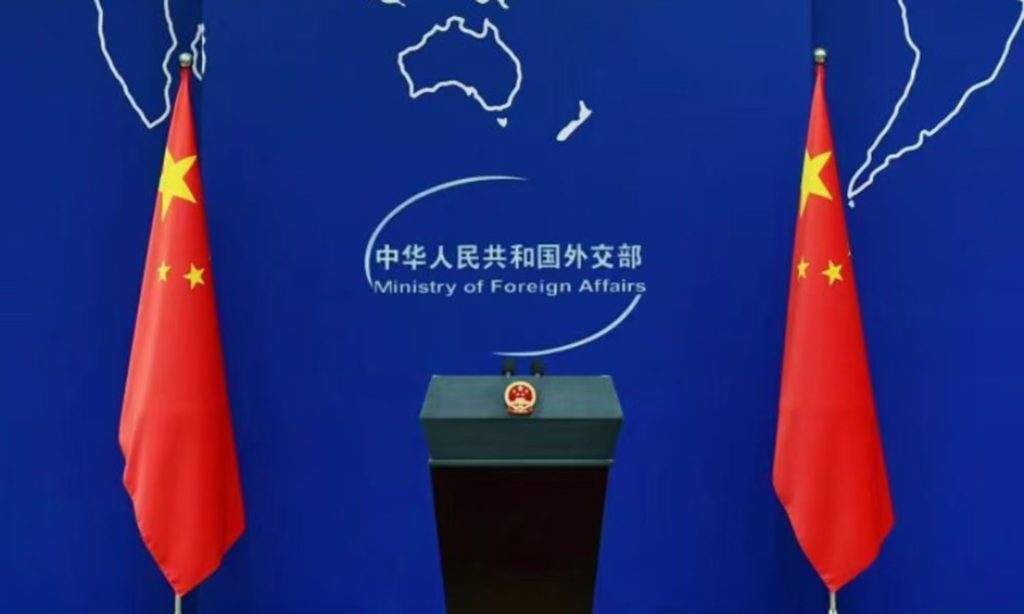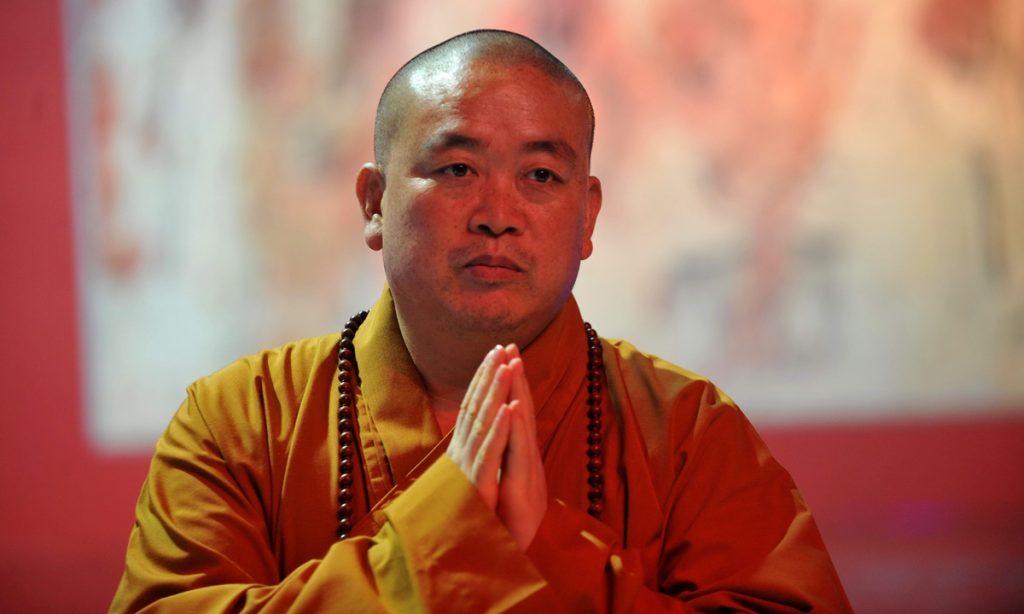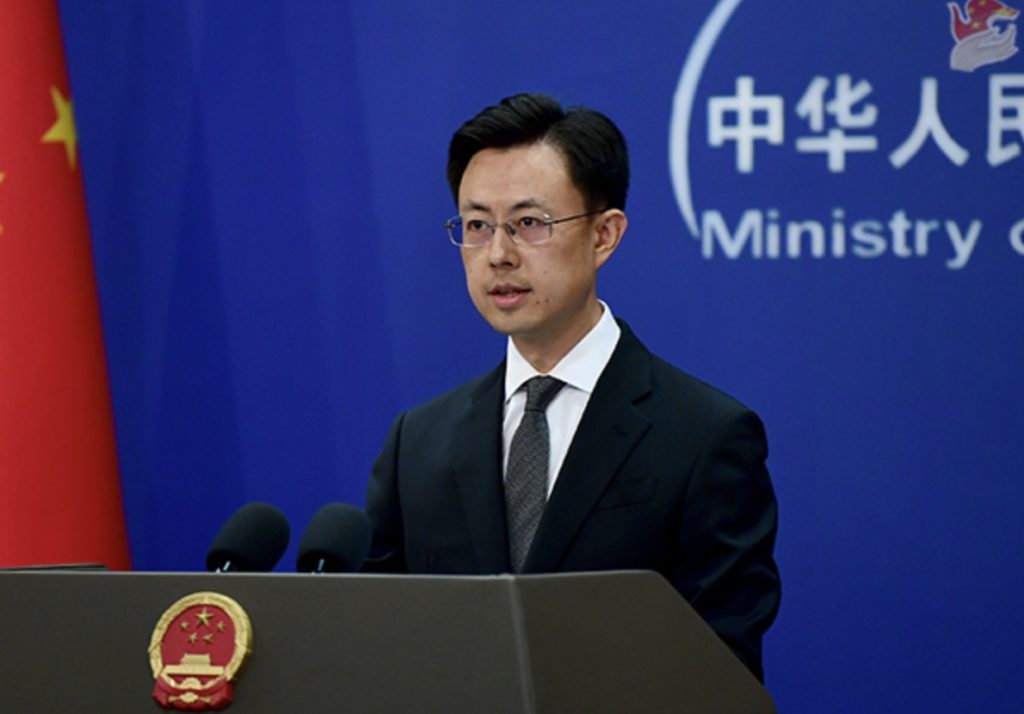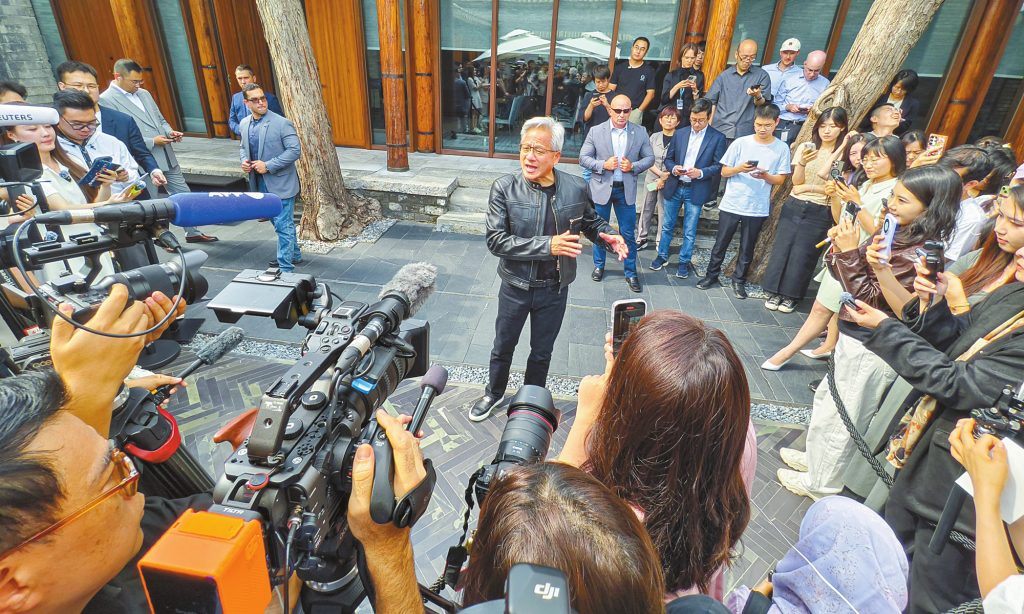European, Ukrainian leaders scramble to respond to Trump’s shift of position on Russia-Ukraine conflict
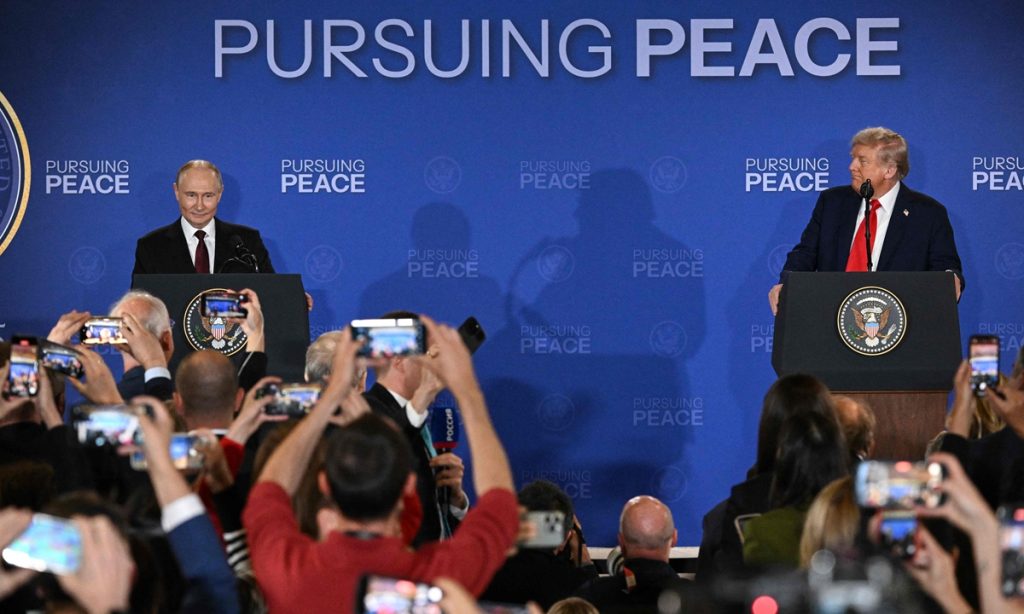
European leaders said Sunday that they will join Ukrainian President Volodymyr Zelensky on Monday when he meets with US President Donald Trump at the White House, as US President on Saturday split from key European allies and Kiev after his summit with Russian President Vladimir Putin, backing Putin's plan for a sweeping peace agreement based on Ukraine ceding territory it controls to Russia, instead of the urgent ceasefire Trump had said he wanted before the meeting, according to media reports.
Chinese experts said Trump's major shift prioritizes improving US-Russia ties over a quick ceasefire, as his administration aims to negotiate a comprehensive plan with Russia that aligns with American interests.
Europe, on the other hand, has been trying to sway Trump but finds itself increasingly powerless, as the Trump administration does not see it as an equal counterpart. Trump's change in stance also suggests shifting pressure onto Europe while aiming to detach the US from European security concerns, experts noted.
Trump told European leaders that he believed a rapid peace deal could be negotiated if Zelensky agreed to give up the rest of the Donbas region to Russia, even those areas not occupied by Russian troops, the New York Times reported citing two senior European officials briefed on the call.
The US President wrote on Truth Social early on Saturday that he had spoken by phone to Zelensky and some European leaders after his meeting with Putin. He said "it was determined by all" that it was better to go directly to negotiating a peace agreement without first implementing a ceasefire, according to the report.
Skipping ceasefire discussions would give Russia an advantage in the talks, which are expected to continue on Monday when Zelensky visits Trump at the White House. It will be their first meeting in Washington since the Oval Office fallout in March, which quickly devolved into chaos, media reported.
German Chancellor Friedrich Merz, President Emmanuel Macron of France, Prime Minister Keir Starmer of Britain and Finnish President Alexander Stubb were among the leaders who announced that they will join Zelensky in Washington on Monday, according to the New York Times. Giorgia Meloni, Italy's prime minister, will also join, as will NATO's secretary general, Mark Rutte, and European Commission President Ursula von der Leyen.
Following a phone call with Trump after the summit, Zelensky said the "fire must cease." In a post on X, he added that Russia's refusal to agree to a ceasefire is complicating efforts to end the war, according to the BBC.
In what appears to be rejection of Trump's proposal, Serhiy Leshchenko, an adviser to Zelensky's chief of staff, said that "Our vision is a ceasefire, and then everything else,'' according to CNN.
In an interview with Fox News following Friday's summit, Trump was asked what advice he has for the Ukrainian leader, to which he responded by saying "make a deal."
"Russia's a very big power and they're not," he added.
On the Ukraine issue, the Trump administration's focus has always been on negotiating a comprehensive plan that aligns with American interests. Ceasefire serves only as a lever for his goal, which is to arrange a larger strategic framework with Russia and jointly shape a postwar world order with Russia. Consequently, his goals are at odds with Europe's objectives, Jiang Feng, professor of European Studies at the Shanghai International Studies University and president of the Shanghai Association of Regional and Country Studies, told the Global Times on Sunday.
Li Haidong, a professor at the China Foreign Affairs University, added that Trump's shift in stance demonstrates his urgency to repair US-Russia ties. "Currently, improving the strained relations with Moscow is simply more important than pushing for a swift Russia-Ukraine ceasefire," Li said.
"After the Trump-Putin meeting, both sides realized that a rupture in relations would cause irreversible damage, as both hold the world's largest nuclear powers," said Lü Xiang, research fellow at the Chinese Academy of Social Sciences. The expert believes the summit's focus was more on strategic balance between the two countries rather than on the Ukraine issue.
Europe frustrated
Following Trump's comments, European leaders issued a statement that did not echo Trump's claim that peace talks were preferable to a ceasefire.
The statement said Zelensky, who was not invited to the summit, should be present during any future talks, and that "it will be up to Ukraine to make decisions on its territory," CNBC reported. Britain, France, Germany and others threatened to increase economic penalties on Russia "as long as the conflict continues."
Ukraine's allies in Europe also expressed concern that Trump was moving closer to Putin's position following their meeting, and Trump's comments indicate a dramatic shift in his position on how to end the Russia-Ukraine conflict, media reported.
"Europe is desperately trying to influence Trump but feels deeply powerless," Jiang noted. "With no real military strength or control over nuclear weapons, Europe lacks leverage, leaving it increasingly voiceless in the Russia-Ukraine conflict. Critically, Europe has no strategic plan, relying solely on arming Ukraine to prolong the war as its only means to counter Russia, while offering no substantial peace proposals."
"It's even more irritating for Europe to see that Putin, whom they disdain, is now warmly received by Trump, even sharing a car ride," Jiang said.
"Europe needs to wake up," said Lü. "Now if it can't join the negotiation table, it should at least avoid becoming a 'dish on the menu.' Europe should realize its role will become increasingly marginal under the Trump administration and its future depends on Europe itself."
Before Zelensky's visit to the White House on Monday, the "coalition of the willing" - a group of countries that have pledged to strengthen support for Ukraine that includes the UK, France, and Germany - will hold a call on Sunday afternoon local time.
The leaders said they were "ready to work" toward a trilateral summit with European support.
During an interview with public broadcaster ARD on Saturday, German Chancellor Friedrich Merz said that a trilateral meeting involving Putin, Zelensky and Trump is expected to follow Monday's meeting, though uncertainties remain, Xinhua News Agency reported.
Trump reportedly told European leaders in a post-summit call that he wants to arrange a trilateral summit with Putin and Zelensky as soon as next Friday, according to Axios citing sources.
"Ukraine and Europe may face more challenges in managing their relations with the US following Trump's shift in stance, which signals the US government's transfer of pressure onto Ukraine and Europe," Li told the Global Times.

